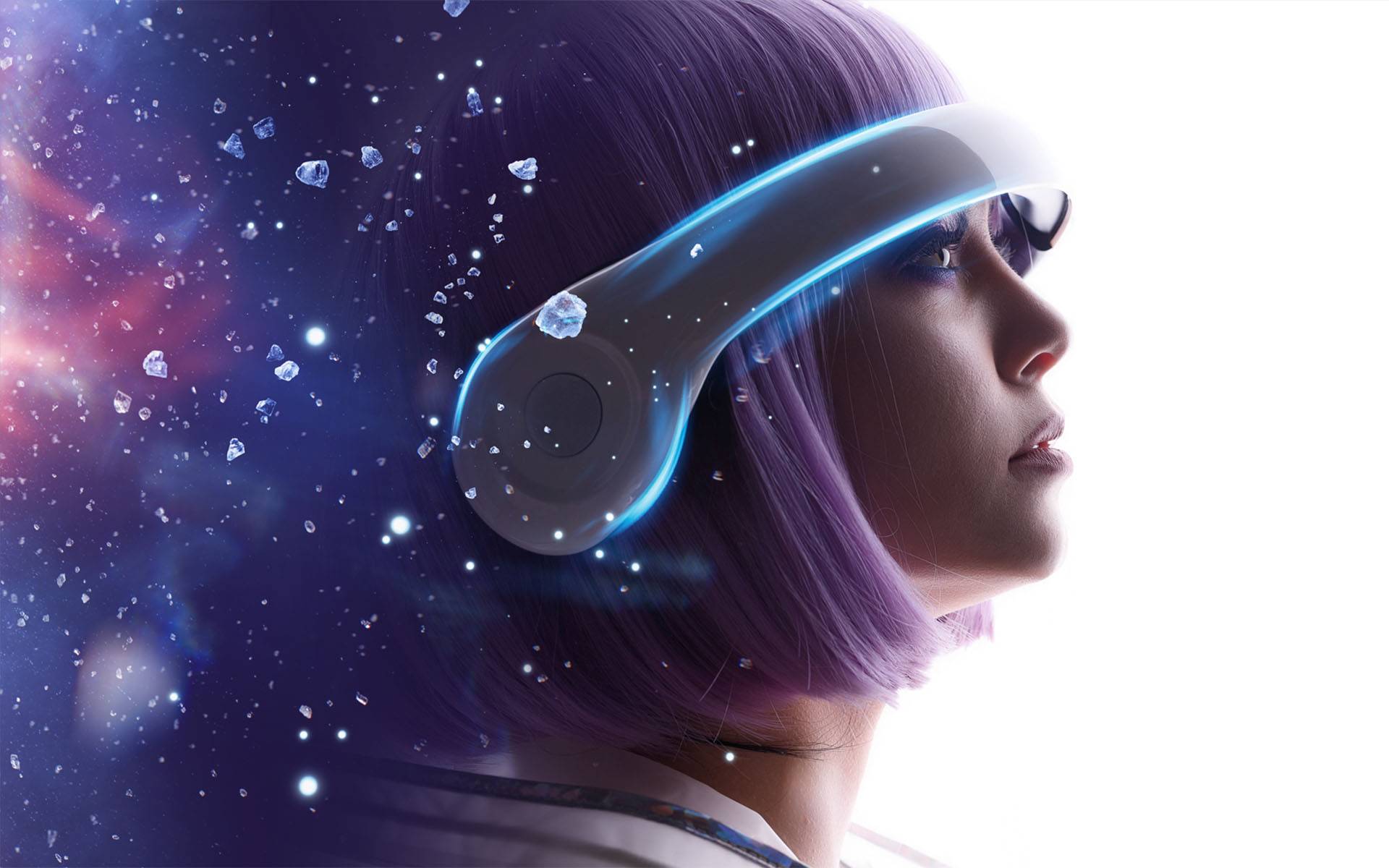Introduction
The entertainment industry has always been at the forefront of technological innovation, from the advent of sound in cinema to the rise of streaming platforms. Today, Artificial Intelligence (AI) and Big Data stand as the latest technological advancements poised to revolutionize this dynamic sector. These technologies are not just enhancing the way content is created, distributed, and consumed but are also opening new avenues for monetization and audience engagement.
The Role of AI in Content Creation
1.Script writing and Story Development
AI is increasingly being used to assist in the script writing process. Tools like Script Book use machine learning algorithms to analyze scripts and predict their success. These platforms evaluate various elements such as plot structure, character development, and dialogue to provide feedback that can help writers refine their work.
2.Visual Effects and Animation
In the realm of visual effects (VFX) and animation, AI is making significant strides. AI algorithms can now generate realistic characters and environments, reducing the time and cost associated with traditional animation techniques. For instance, companies like NVIDIA are developing AI-driven tools that can create lifelike animations with minimal human intervention.
3.Music Composition
AI is also making waves in the music industry. Platforms like Amper Music and OpenAI’s Muse Net can compose original music in various genres. These tools analyze vast datasets of musical compositions to generate new pieces, offering a valuable resource for content creators looking to enhance their projects with custom soundtracks.
Big Data and Audience Insights

1.Personalized Recommendations
One of the most visible impacts of Big Data in the entertainment industry is personalized content recommendations. Streaming giants like Netflix and Spotify use sophisticated algorithms to analyze user behavior and preferences. By leveraging Big Data, these platforms can offer tailored recommendations, enhancing user satisfaction and engagement.
2.Audience Segmentation
Big Data allows for more granular audience segmentation. Entertainment companies can now analyze demographic, geographic, and psychographic data to understand their audience better. This enables more targeted marketing campaigns and content that resonates with specific audience segments.
3.Predictive Analytics
Predictive analytics is another powerful application of Big Data. By analyzing historical data, entertainment companies can forecast trends and make informed decisions. For example, studios can use predictive analytics to determine the potential success of a movie before it hits theaters, enabling more strategic investments.
AI and Big Data in Marketing and Distribution

1.Programmatic Advertising
AI and Big Data are transforming the way entertainment companies approach advertising. Programmatic advertising uses AI to automate the buying and selling of ad space. This allows for more efficient and targeted campaigns, maximizing return on investment.
2.Social Media Analytics
Social media platforms are treasure troves of data. Entertainment companies are leveraging AI to analyze social media interactions and gauge public sentiment. Tools like Brand watch and Crimson Hexagon use AI to sift through vast amounts of social media data, providing insights that can inform marketing strategies.
3.Content Distribution
AI and Big Data are also optimizing content distribution. Algorithms can analyze viewing patterns to determine the best times to release new content. Additionally, AI can help manage digital rights and combat piracy, ensuring that content is distributed securely and efficiently.
Content Monetization
1.Ad Placement
AI-driven ad placement ensures that advertisements are shown to the most relevant audience at the most opportune times. This increases ad effectiveness and monetization opportunities for content creators and platforms.
2.Licensing and Syndication
Big data analytics can identify which content has the highest potential for licensing and syndication. This helps studios and networks make informed decisions about content distribution and monetization strategies.
The Future of AI and Big Data in the Entertainment Industry

1.Virtual and Augmented Reality
The integration of AI and Big Data with Virtual Reality (VR) and Augmented Reality (AR) is set to create immersive entertainment experiences. These technologies can analyze user interactions in real-time, adapting the experience to enhance engagement.
2.Ethical Considerations
As AI and Big Data continue to evolve, ethical considerations will become increasingly important. Issues such as data privacy, algorithmic bias, and the potential for job displacement need to be addressed to ensure that these technologies are used responsibly.
Integration Across Platforms

1.Seamless User Experience
The integration of AI and big data across different platforms will create a seamless user experience. Users will be able to access personalized content recommendations, interactive experiences, and targeted advertising across multiple devices and services.
2.Cross-Platform Analytics
Cross-platform analytics will provide a holistic view of user behavior, enabling more comprehensive audience insights. This will help companies tailor their content and marketing strategies to meet the evolving needs of their audience.
Conclusion
AI and Big Data are undeniably transforming the entertainment industry. From content creation and audience insights to marketing and distribution, these technologies are enhancing every aspect of the sector. As we look to the future, the continued integration of AI and Big Data promises to unlock new possibilities, making the entertainment industry more dynamic and engaging than ever before.




